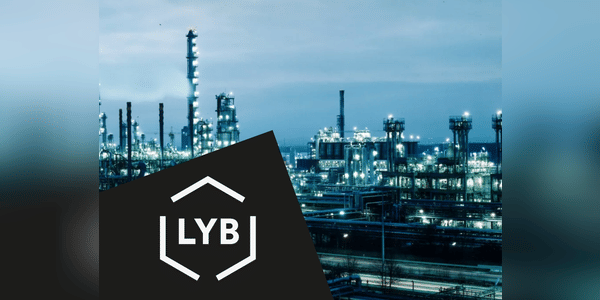At first glance, this is a prime example of a value stock. Stable cash flow, dividend in excess of 9%, valuation multiples well below the market average. The company produces products that the global economy cannot do without, and its market position is among the top in the industry. And yet investors are not interested. In an era of growth stories, technology and green initiatives, this company seems like a relic of the past - big, heavy, not sexy enough. But that may be a fundamental misconception.

For beneath the surface, a quiet but strategically crucial transformation is taking place. Management is divesting nonprofit assets, investing heavily in advanced recycling technologies, and reshaping the manufacturing base to fit the new ESG paradigm. The goal is not just to survive the cycle, but to become a leader in higher value-added circular plastics and specialty chemicals. Add to that a conservative balance sheet, a long history of return on capital and management's determination to…